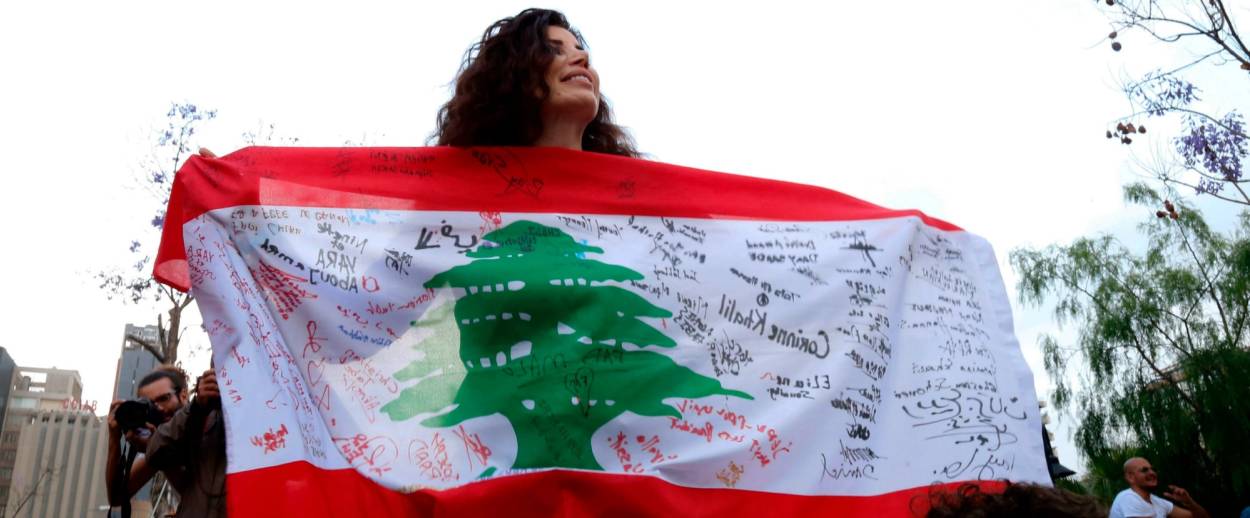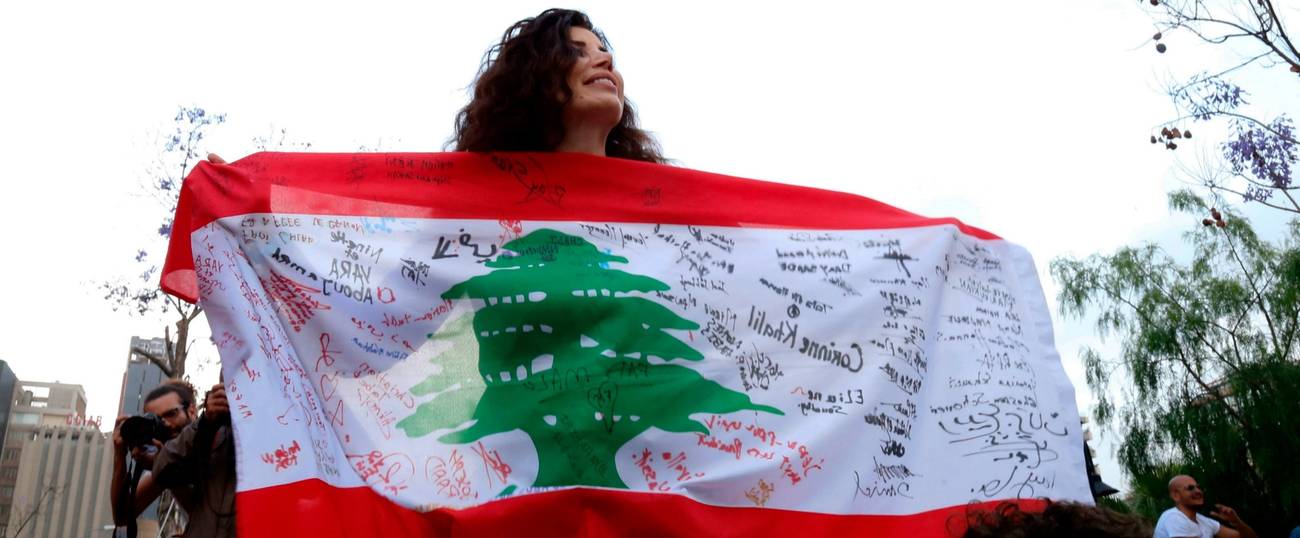Getting the Story Right on Lebanon
Hezbollah’s electoral victory this week makes it clear that Tablet contributor Tony Badran knew the score all along




We judgmental jerks of the press are often quick to squawk whenever some opinionated expert fails to accurately predict the future, which is why so much of the press coverage following Donald Trump’s election focused on why so much of the press coverage failed to foresee Donald Trump’s election. So it’s important to take a moment when someone gets it exactly right and say a hosanna: This week, it became painfully obvious that Tony Badran—Tablet contributor and research fellow at the Foundation for the Defense of Democracies—was perhaps the only person in the entire foreign policy community who got the underlying reality of Lebanon right.
Now that Hezbollah and its allies have won a massive electoral victory, putting Iran and its terror proxy in total, formal, and inarguable control of the Lebanese state, anyone wondering how the United States ought to proceed should take the time to revisit some of Badran’s pieces for Tablet.
First, let’s not lose sight of precisely what Lebanon really is:
The truth here is simple. Lebanon is another name for Hezbollah. Its “government” is a front for Iran, which gives Hezbollah its orders. How complicated is that?
But apparently these realities are too scary or complicated or unpleasant for the United States to acknowledge, when given the alternative of sending Rex Tillerson to Beirut to be humiliated by Hezbollah and the “Lebanese government.” The U.S. Secretary of the State told the Lebanese that there could be no talk of “stability” and “security” without addressing Hezbollah and its arsenal, which bring “unwanted and unhelpful scrutiny” to Lebanon (why such scrutiny is unwanted or unhelpful is unclear, but let’s leave that additional piece of incoherence alone for now). Yet in the same breath, Tillerson reiterated America’s unwavering commitment to preserving Lebanon’s stability. Enough already.
And then, as a practical matter, let’s stop funding the Lebanese Armed Forces, which is intertwined with Hezbollah:
The State Department proudly recalled last month at a donor conference for Lebanon in Rome, that in 2017 the US gave the Hezbollah-run country $250 million in assistance, and announced it will complete delivery of more weapons systems to the Hezbollah-aligned Lebanese Armed Forces as part of a $340 million aid package.
As Badran has been arguing for years now, the writing was always on the wall. But this week’s election makes it as urgent as ever. It’s time for a major overhaul of our policy in Lebanon.
Liel Leibovitz is editor-at-large for Tablet Magazine and a host of its weekly culture podcast Unorthodox and daily Talmud podcast Take One. He is the editor of Zionism: The Tablet Guide.